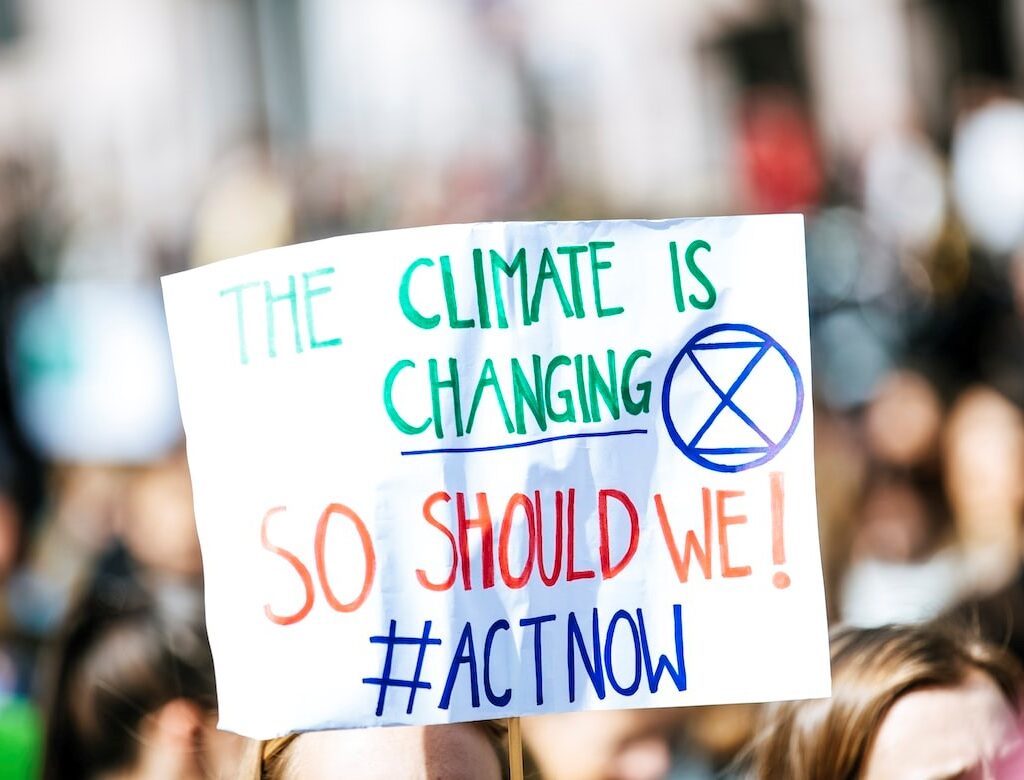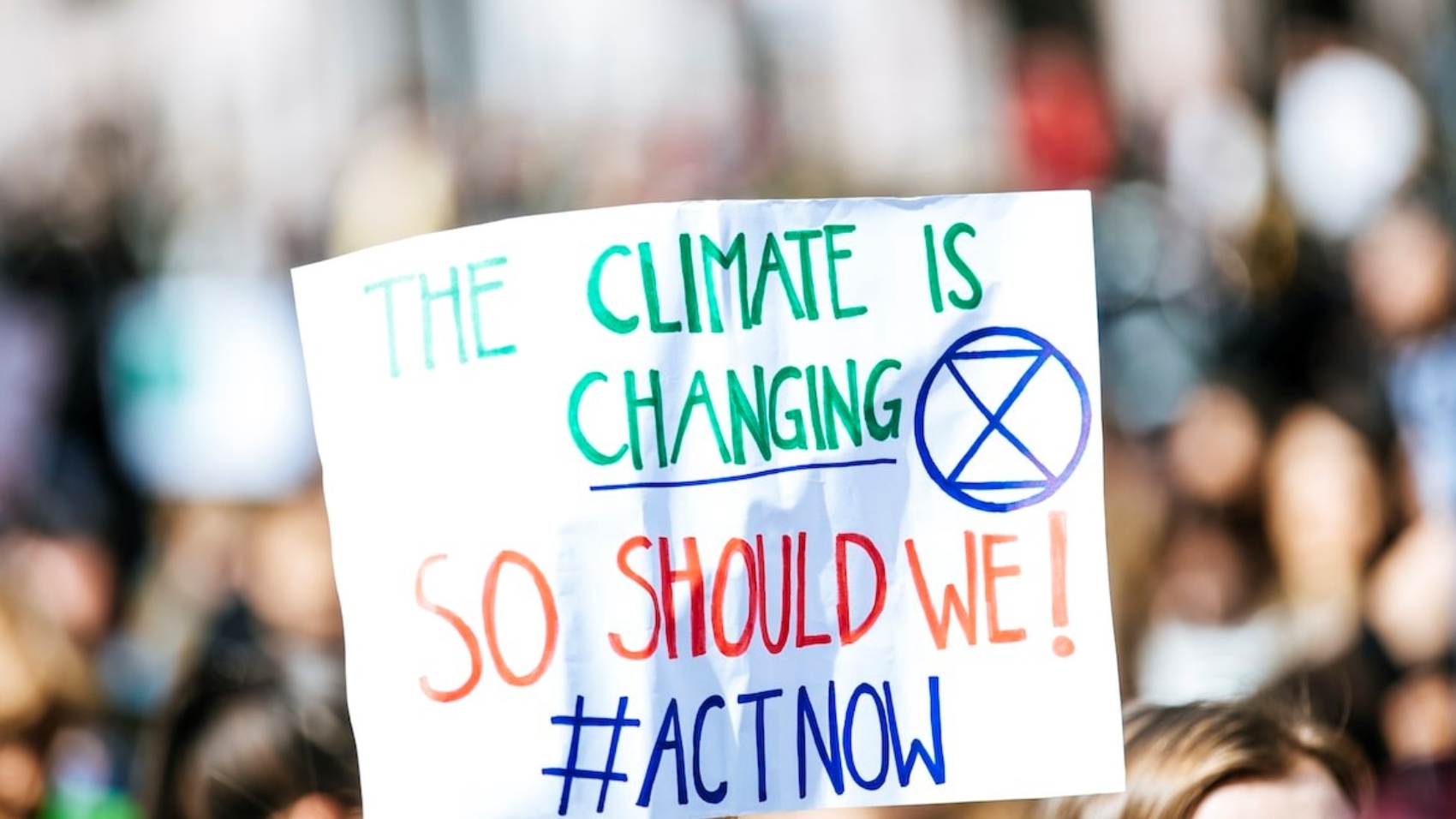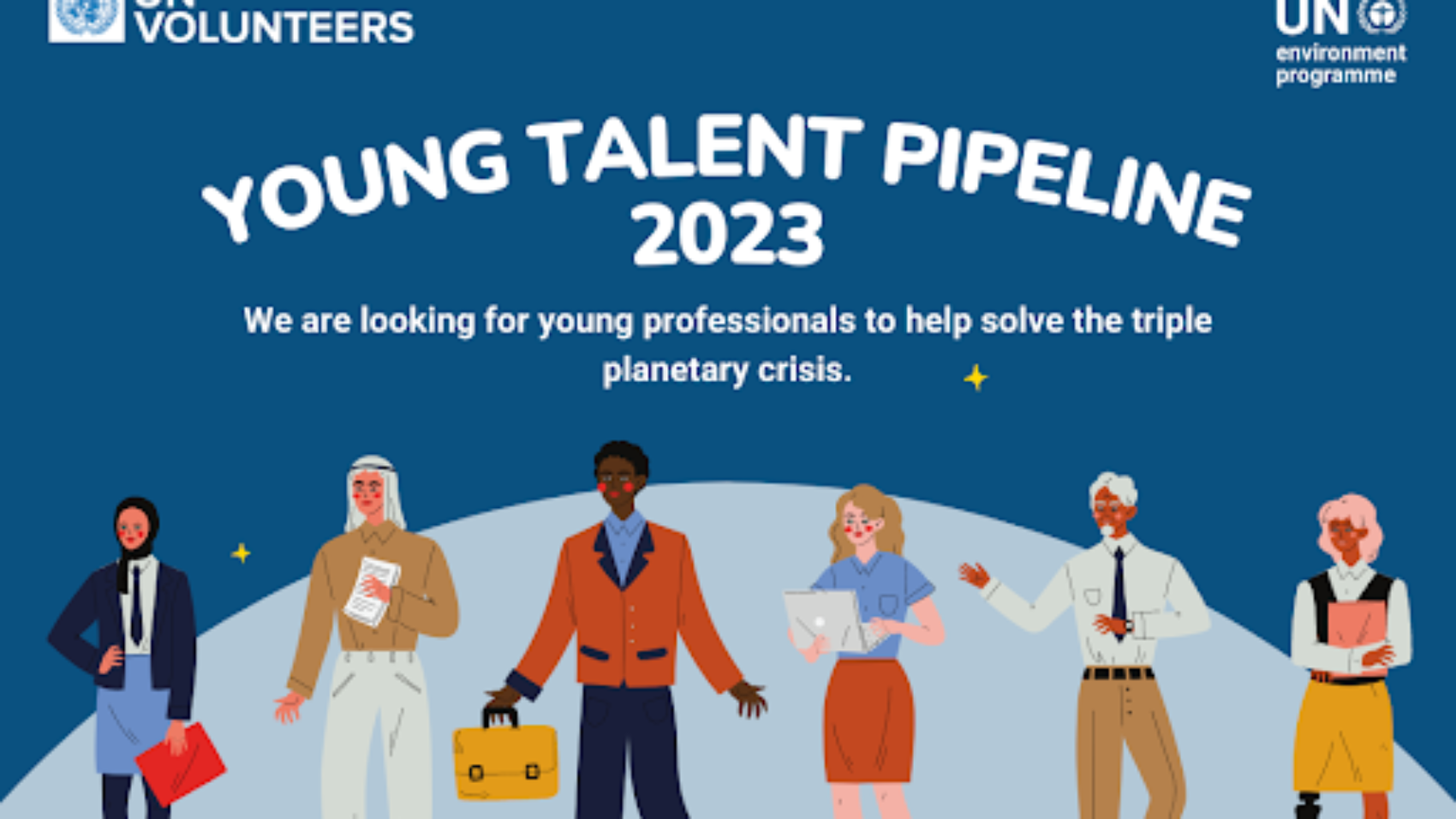
The time is now for the African continent to actively participate in the climate change conversation. Respective nations and institutions are creating necessary projects and strategies to achieve a 100% green environment. With focus turned towards the upcoming COP28 climate conference, set for 30 November to 12 December, 2023 in UAE, African nations are determined to make their voices heard.
Nigeria’s President Muhammadu Buhari in his recent speech on African Climate stated, “We cannot continue ignoring that climate change is a pressing issue in our continent. We should act by protecting our environment and secure the future for generations to come.”
To the delight of Africans, the continent’s climate entities are working to implement various projects to promote sustainable growth and reduce carbon emissions. One of the initiatives is the African Renewable Energy Initiative (AREI), aiming to provide 300 GW by 2030.
Another example is the recent Great Green Wall across the Sahara, aimed at controlling desertification and promoting sustainable land use. This project involves planting an 8000km wall of trees and vegetation across the continent, stretching from Senegal in the west to Djibouti in the east.
This isn’t to forget the reafforestation efforts in different nations, like Kenya, initiated by the President William Ruto aiming to enhance the national tree cover by 30% through planting 15 billion tress. Nigeria, with the highest deforestation rate globally at 3.7%, and similar nations should follow, and recent developments are a plus. The change is also influenced by the recent integration of carbon markets around Africa; a move also projected to be a game changer.
Still, Africa faces several challenges including devastating drought and floods, which institutions such as the African Development Bank(AfDB) will showcase at COP28. One of the issues is insufficient climate finance, where International communities, volunteers and marketers are welcome to invest in the African Climate agenda. External participation is essential, with countries like Malawi, Mozambique and Madagascar picking up the pieces from the worst-ever Cyclone, Freddy.




